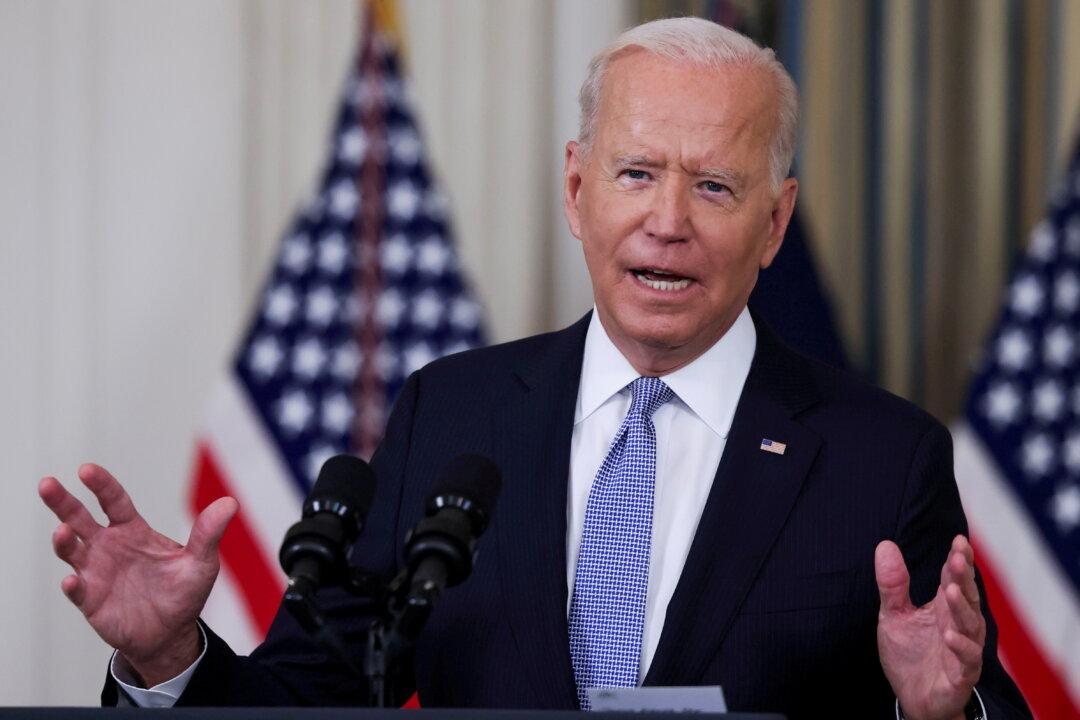Several top Biden administration officials argued on Nov. 14 that the White House-backed social spending package may be a solution to soaring inflation in the United States, though some Democrats have balked at the idea.
“Inflation is high right now, and it is affecting consumers in their pocketbook and also in their outlook for the economy. But those concerns underscore why it’s so important that we move forward on the Build Back Better legislation,” White House National Economic Council Director Brian Deese told CNN in an interview. “This, more than anything, will go at the cost that Americans face.”





